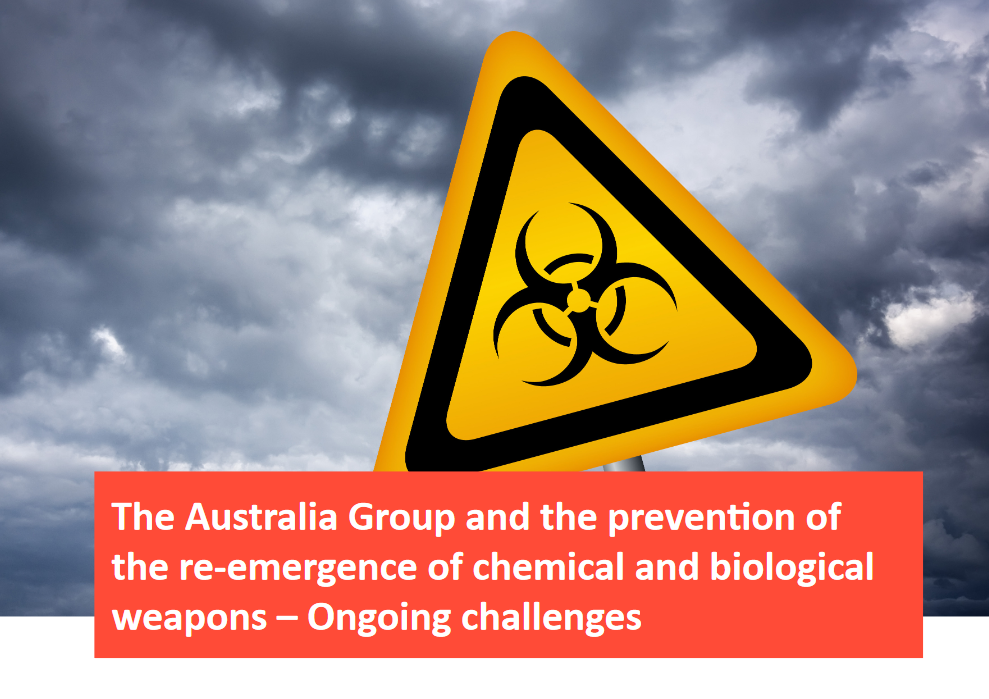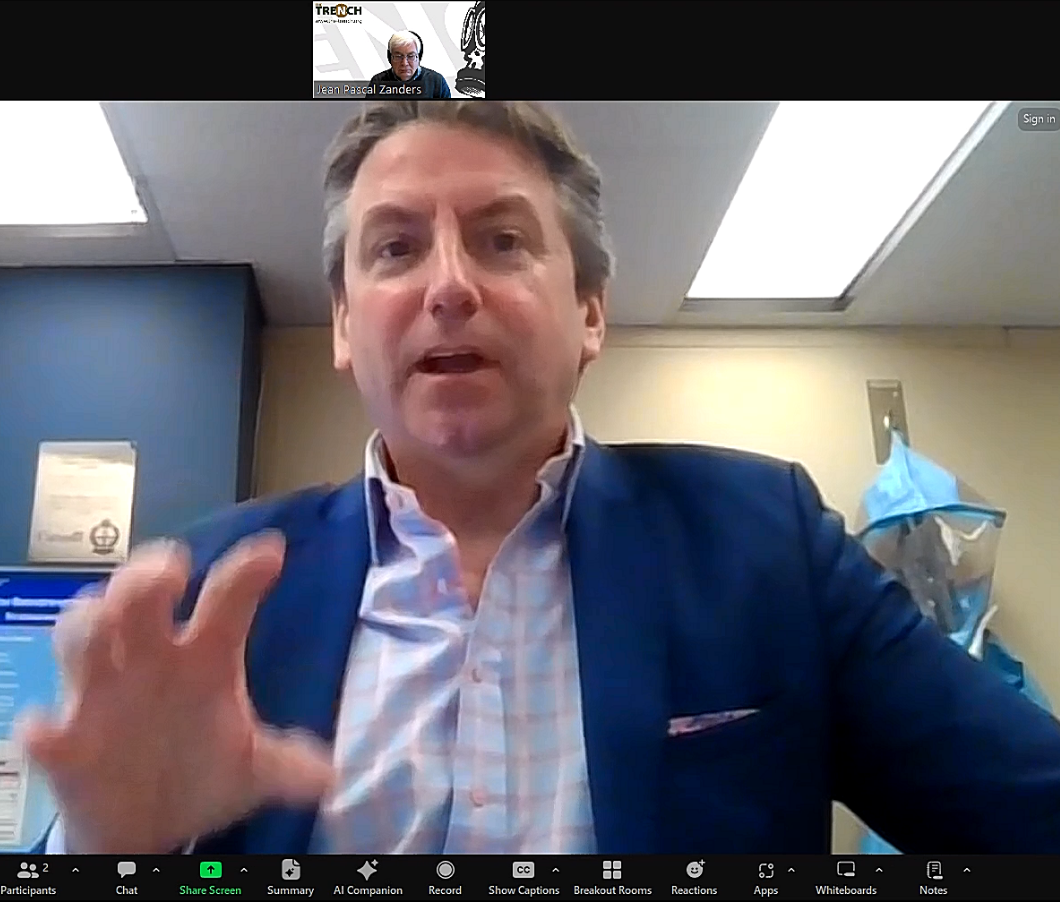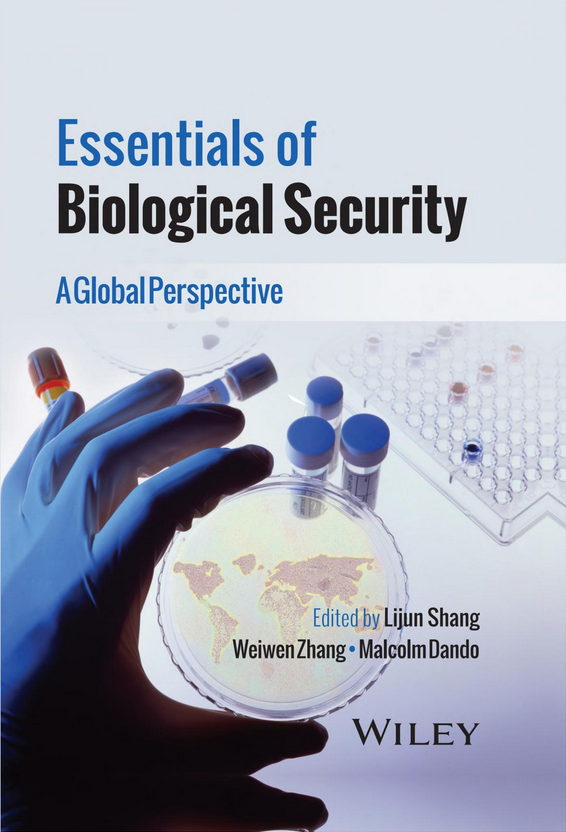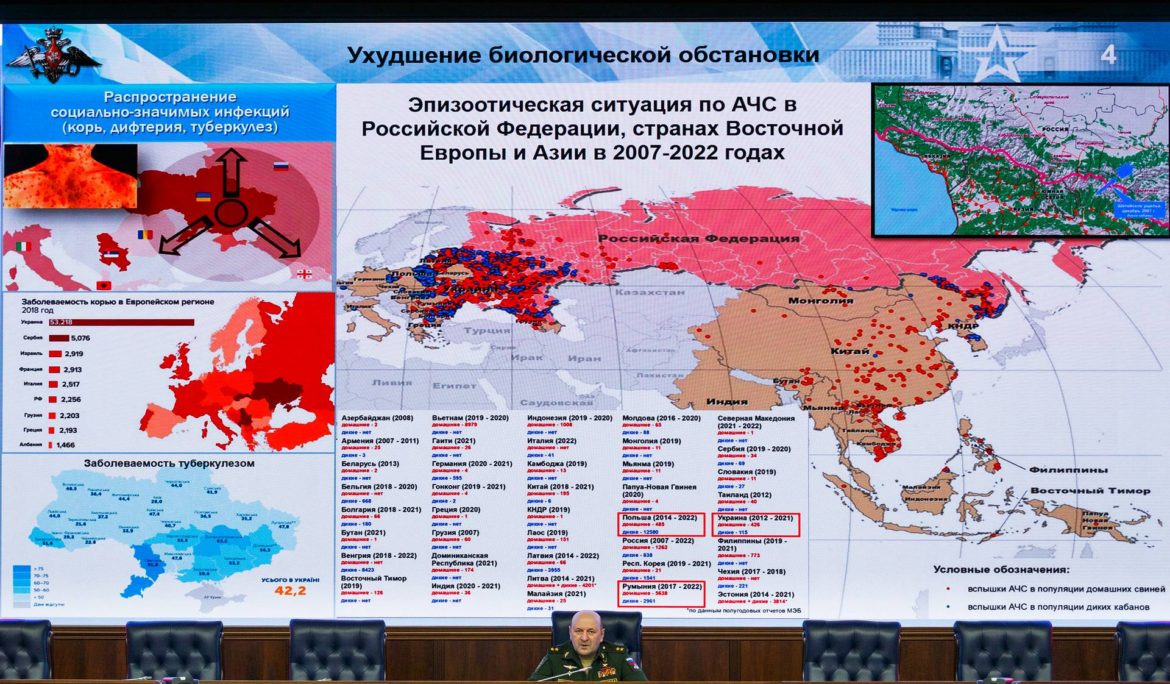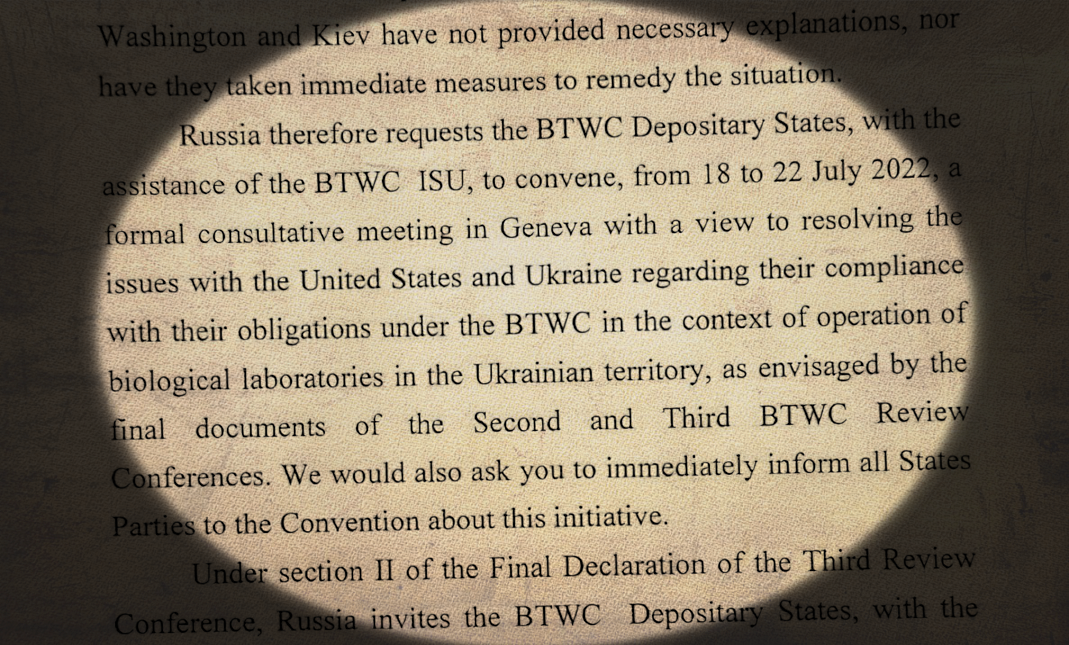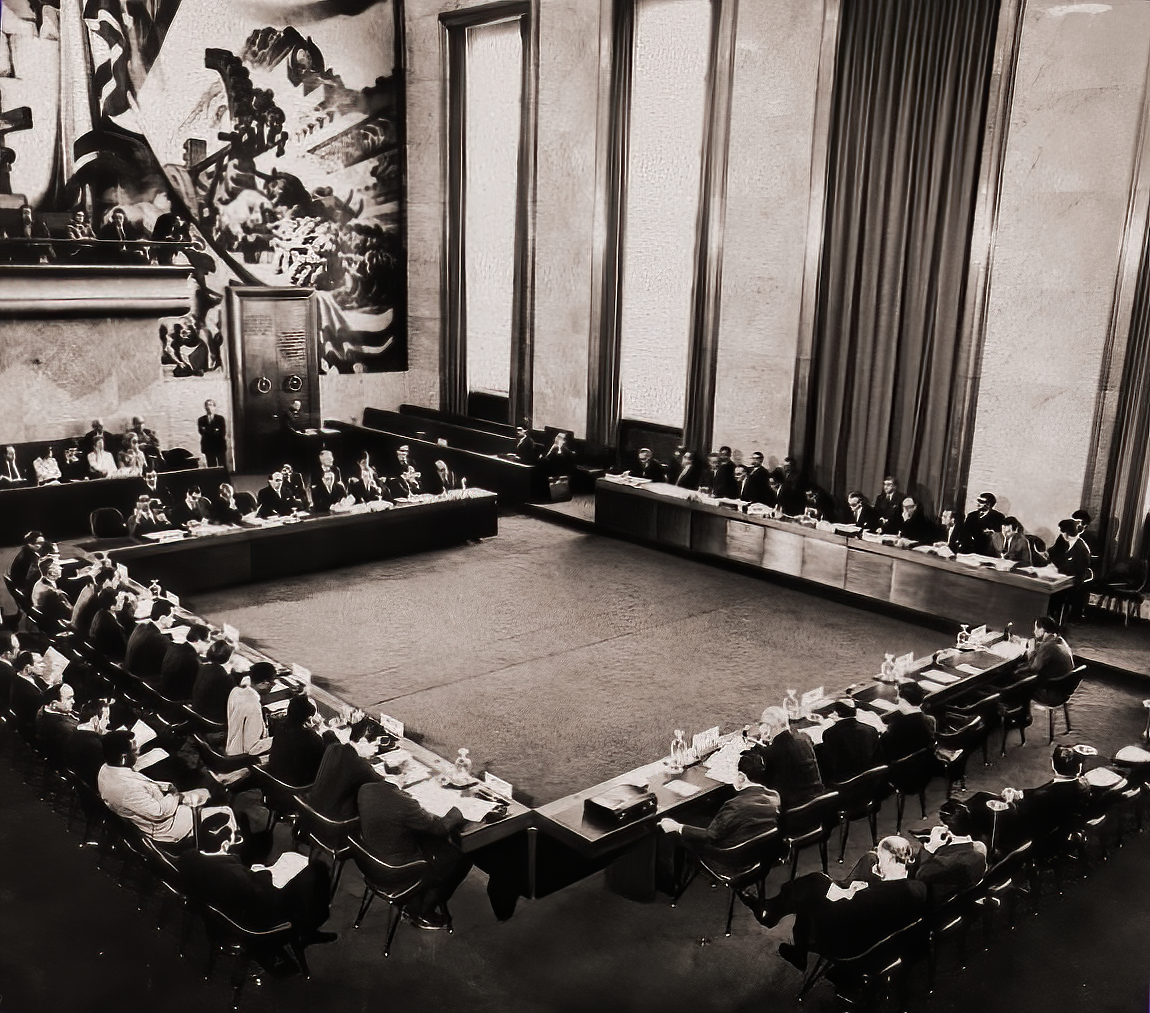Aiming for a future verification system for the BTWC
This posting is based on comments made during a panel on ‘The Future of Biological Weapons’ at the annual conference of the EU Non-Proliferation and Disarmament Consortium, held in Brussels on 13 November 2024. Previously 1996 was a year of optimism. Held between the opening for signature (January 1993) and entry into force (April 1997) of the Chemical Weapons Convention (CWC), the Fourth Review Conference of the Biological and Toxin Weapons Convention (BTWC) decided to give the Ad Hoc Group (AHG) a mandate to negotiate a legally binding protocol to equip the BTWC with, among other things, a verification …
Announcement: BWC Advanced Education Course
[Applications open until 29 September] State Parties, particularly from the Global South, often lack the resources, knowledge, and expertise to participate in the Biological Weapons Convention (BWC) diplomatic process more meaningfully. To address this challenge, UNIDIR, Diplo Foundation and FRS are organizing the BWC Advanced Education Course (BWCedu). The course will equip key stakeholders – government officials in capital with responsibilities in BWC implementation, aspiring and active diplomats and life scientists working on BWC issues and biological threats – with the essential knowledge, skills and expertise to actively participate in the BWC diplomatic process and thus contribute to a stronger …
The Australia Group and the prevention of the re-emergence of chemical and biological weapons
The European Union Non-Proliferation and Disarmament Consortium held its 11th Consultative Meeting in Brussels on 15 and 16 September 2022. Its central theme was the “Topicality of multilateral export control regimes”. On the second day, one of the four breakout sessions addressed the Australia Group, an informal arrangement coordinating technology transfer controls relating to dual-use agents and equipment with potential relevance for developing and producing chemical and biological weapons. Introducers were Ms Esmée de Bruin (Netherlands), Dr Mónica Chinchilla (Spain) and Ms Élisande Nexon, PharmD (France). I had the honour of moderating the session. The three speakers have different backgrounds, …
Response is failure in the primary mission of preventing CBW
The Global Partnership against the Spread of Materials and Weapons of Mass Destruction has now been around for over two decades. In the wake of the terrorist attacks against the US in September 2001, it started out as an effort to mobilise the resources of the G8 members to prevent terrorist acquisition of nuclear, biological and chemical weapons, and related materials. The weapons, technologies and skills available from the former Soviet Union presented a significant proliferation risk, which the US was already addressing through the Cooperative Threat Reduction (CTR) programme. Now comprising 31 members, the Global Partnership (GP) played a …
Falling between the Cracks and by the Sides
Next month, Essentials of Biological Security: A Global Perspective edited by Lijun Shang, Weiwen Zhang and Malcolm Dando will be published. The book offers an introduction to biological security and the chemical and biological weapons (CBW) threat spectrum and explores the history of biological weapons from antiquity to modern day. Its core comprises expert analyses of the Biological and Toxin Weapons Convention and other relevant international agreements and organisations and practical discussions of dual-use technologies and how to minimise their risk. (For a preview of the book contents, click here.) I contributed the chapter Falling between the Cracks and by …
Heard It on the X: The active US biological weapons programme in Ukraine
Do you remember the 1975 song ‘Heard It on the X’ by the Texan blues-rock band ZZ Top? In the 1960s and 70s, the ‘X’ referred to the first letter of the codes for Mexican private radio stations. Contrary to their American counterparts, they broadcast with unlimited wattage and thus covered most of the USA. Anybody could buy any amount of radio time. So, many US preachers and other quacks exploited the opportunity to peddle their ‘truths’, Jesus-autographed prayer cloths, snake oils, or whatever. Almost half a century later, Elon Musk bought Twitter, rebranded it ‘X’, and began pushing his …
Verification and Transparency: Learning from Project Coast
Introduction to Historical Notes, Issue #5 The fifth issue of the Historical Notes series was prepared by Professor Brian Rappert, Ms Lizeka Tandwa and Dr Chandré Gould. The South African Defence Force (SADF) established a top-secret chemical and biological weapon (CBW) programme code-named ‘Project Coast’ that operated between 1981 and 1995. Its primary aims were to develop a defensive capability for the SADF and weaponise chemical agents for crowd control, specifically during protests, and for the targeted assassinations of political activists in and outside of South Africa. The history and motives of this CBW programme, as far as it can …
Russia’s apoplexy over biological research – Implications for the BTWC and its Articles V and VI
Since the summer, Russia has been adding chapters to the history of the Biological and Toxin Weapons Convention (BTWC) with its allegations of treaty violations against Ukraine and the USA. So far, it has culminated in convening a Formal Consultative Committee (FCM) under BTWC Article V in September and filing an Article VI complaint accompanied by a draft resolution proposing an investigative commission with the United Nations Security Council (UNSC) in October. The FCM was inconclusive because states parties reached no consensus on whether Moscow’s allegations have merit. Notwithstanding, a large majority of participating states rejected the accusations in their …
Maintaining treaty integrity in the face of biological disinformation warfare
Russia has called for a Formal Consultative Meeting under the Biological and Toxin Weapons Convention (BTWC) to address its (fake) accusations against the US and Ukraine concerning biological research programmes. This meeting will start on Monday, 5 September. Treaties are like Roses, published in CBRNe World, August 2022, pp. 61-64b [From the introduction] Article V of the 1972 Biological and Toxin Weapons Convention (BTWC) foresees in consultation and cooperation among states parties to address any problem concerning the implementation of the disarmament treaty. The First BTWC Review Conference (1980) agreed on the concept of a consultative meeting at the expert …
Reflections of a negotiator on the BTWC Ad Hoc Group
Introduction to Historical Notes, Issue #3 The third issue of the Historical Notes series was prepared by Dr Robert (Bob) J. Mathews. From 1984 until 2017, he served as Scientific Adviser to Australian delegations during the negotiation and implementation of the Chemical Weapons Convention (CWC) and efforts to strengthen the Biological and Toxin Weapons Convention (BTWC). In this third issue of Historical Notes, he reviews the efforts undertaken by the states parties to the BTWC to equip the convention with verification tools and set up an international organisation to oversee its implementation. As soon as the treaty negotiations came to …



